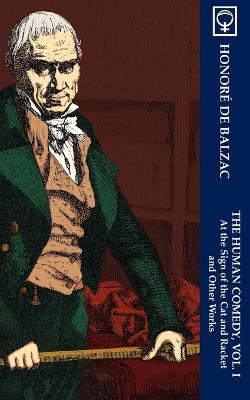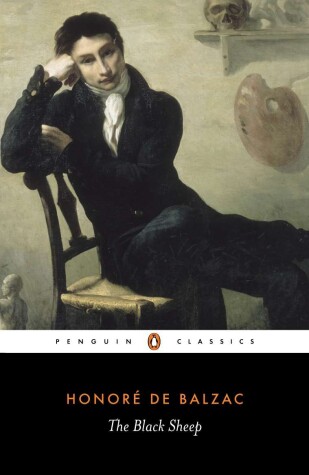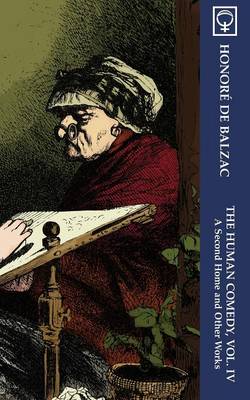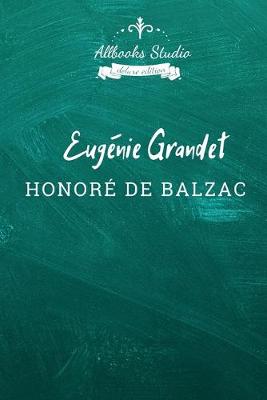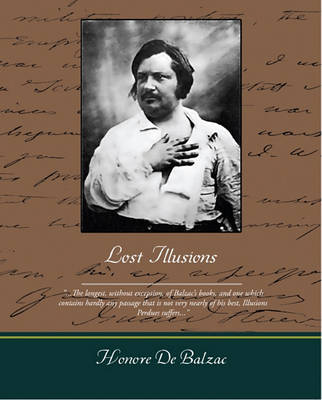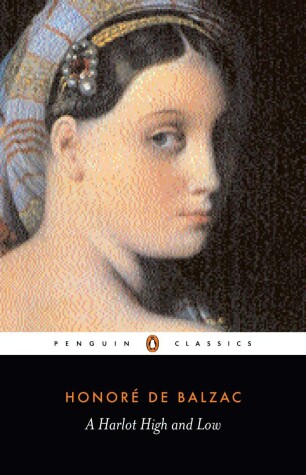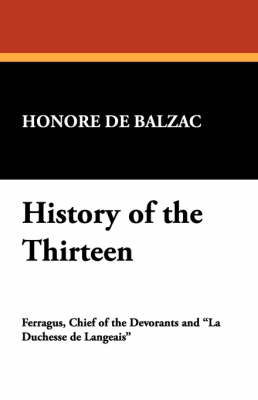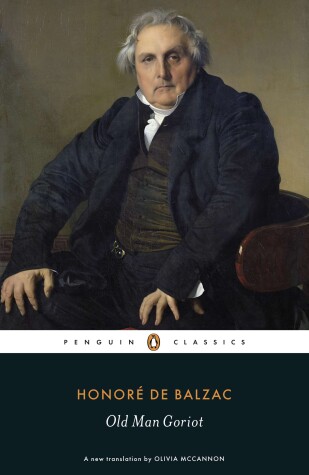Human Comedy
3 primary works • 9 total works
Book 1
Book 3
His elegantly-crafted tale of sibling rivalry, Honoré de Balzac's The Black Sheep is translated from the French with an introduction by Donald Adamson in Penguin Classics.
Philippe and Joseph Bridau are two extremely different brothers. The elder, Philippe, is a superficially heroic soldier and adored by their mother Agathe. He is nonetheless a bitter figure, secretly gambling away her savings after a brief but glorious career as Napoleon's aide-de-camp at the battle of Montereau. His younger brother Joseph, meanwhile, is fundamentally virtuous - but their mother is blinded to his kindness by her disapproval of his life as an artist. Foolish and prejudiced, Agathe lives on unaware that she is being cynically manipulated by her own favourite child - but will she ever discover which of her sons is truly the black sheep of the family? A dazzling depiction of the power of money and the cruelty of life in nineteenth-century France, The Black Sheep compellingly explores is a compelling exploration of the nature of deceit.
Donald Adamson's translation captures the radical modernity of Balzac's style, while his introduction places The Black Sheep in its context as one of the great novels of Balzac's renowned Comédie humaine.
Honoré De Balzac (1799-1850) failed at being a lawyer, publisher, printer, businessman, critic and politician before, at the age of thirty, turning his hand to writing. His life's work, La Comédie humaine, is a series of ninety novels and short stories which offer a magnificent panorama of nineteenth-century life after the French Revolution. Balzac was an influence on innumerable writers who followed him, including Marcel Proust, Émile Zola, Charles Dickens, and Edgar Allan Poe.
If you enjoyed The Black Sheep, you might like Balzac's Eugénie Grandet, also available in Penguin Classics.
Book 4
Depicting the fatal clash between material desires and the liberating power of human passions, Honore de Balzac's Eugenie Grandet is translated with an introduction by M.A. Crawford in Penguin Classics.
In a gloomy house in provincial Saumur, the miser Grandet lives with his wife and daughter, Eugenie, whose lives are stifled and overshadowed by his obsession with gold. Guarding his piles of glittering treasures and his only child equally closely, he will let no one near them. But when the arrival of her handsome cousin, Charles, awakens Eugenie's own desires, her passion brings her into a violent collision with her father that results in tragedy for all. Eugenie Grandet is one of the earliest and finest works in Balzac's Comedie humaine cycle, which portrays a society consumed by the struggle to amass wealth and achieve power. Here Grandet embodies both the passionate pursuit of money, and the human cost of avarice.
M. A. Crawford's lucid translation is accompanied by an introduction discussing the irony and psychological insight of Balzac's characterization, the role of fate in the novel, its setting and historical background.
Honore De Balzac (1799-1850) failed at being a lawyer, publisher, printer, businessman, critic and politician before, at the age of thirty, turning his hand to writing. His life's work, La Comedie humaine, is a series of ninety novels and short stories which offer a magnificent panorama of nineteenth-century life after the French Revolution. Balzac was an influence on innumerable writers who followed him, including Marcel Proust, Emile Zola, Charles Dickens, and Edgar Allan Poe.
If you enjoyed Eugenie Grandet you might like Moliere's The Miser and Other Plays, also available in Penguin Classics.
For more than seventy years, Penguin has been the leading publisher of classic literature in the English-speaking world. With more than 1,700 titles, Penguin Classics represents a global bookshelf of the best works throughout history and across genres and disciplines. Readers trust the series to provide authoritative texts enhanced by introductions and notes by distinguished scholars and contemporary authors, as well as up-to-date translations by award-winning translators.
